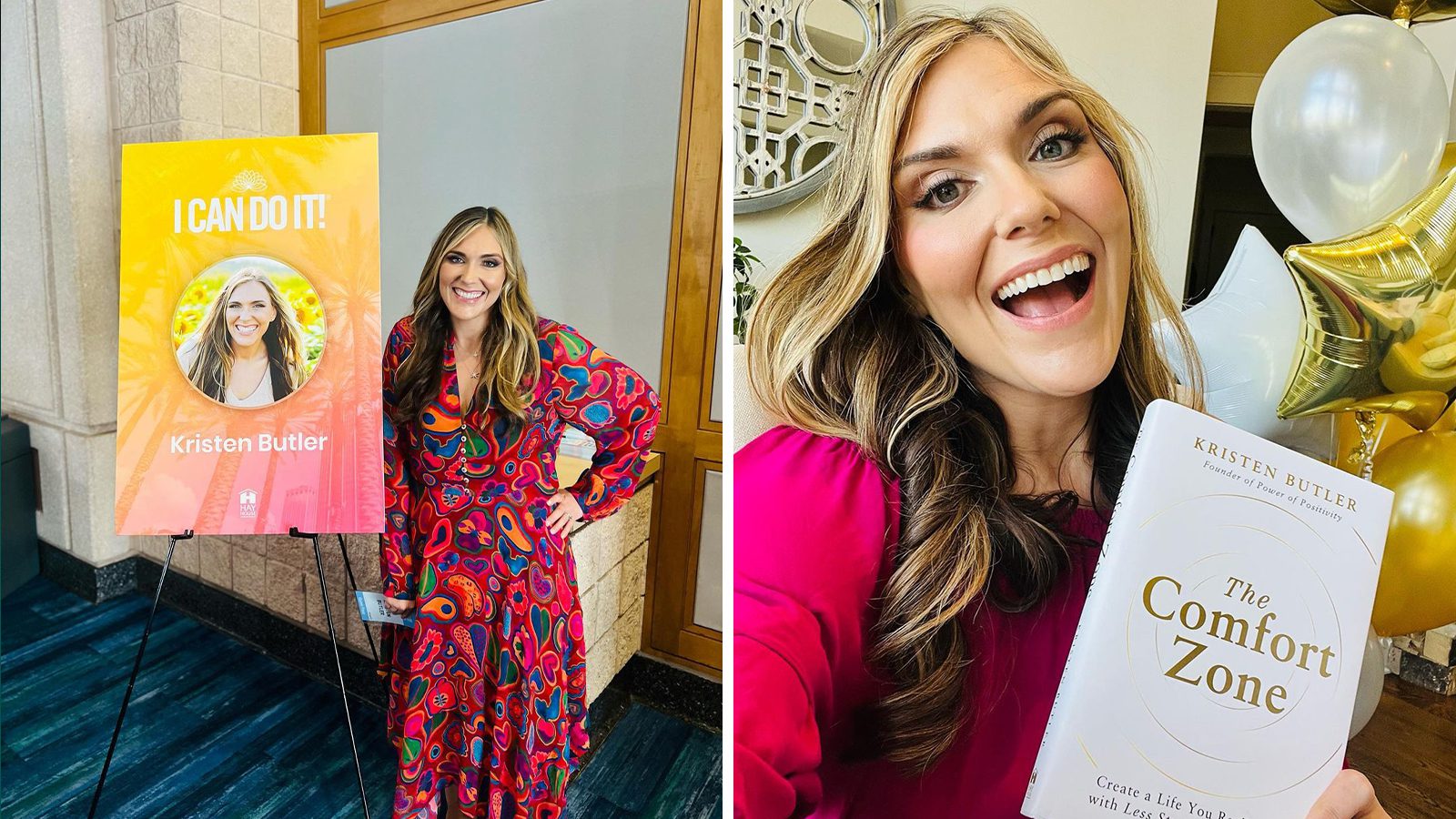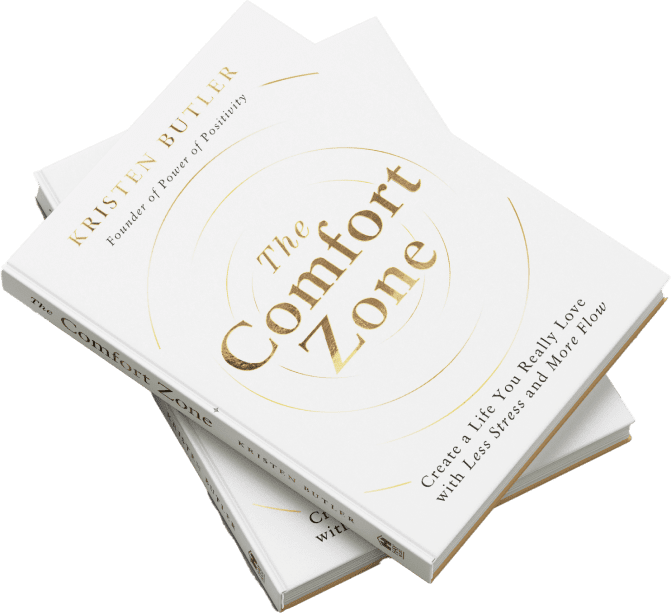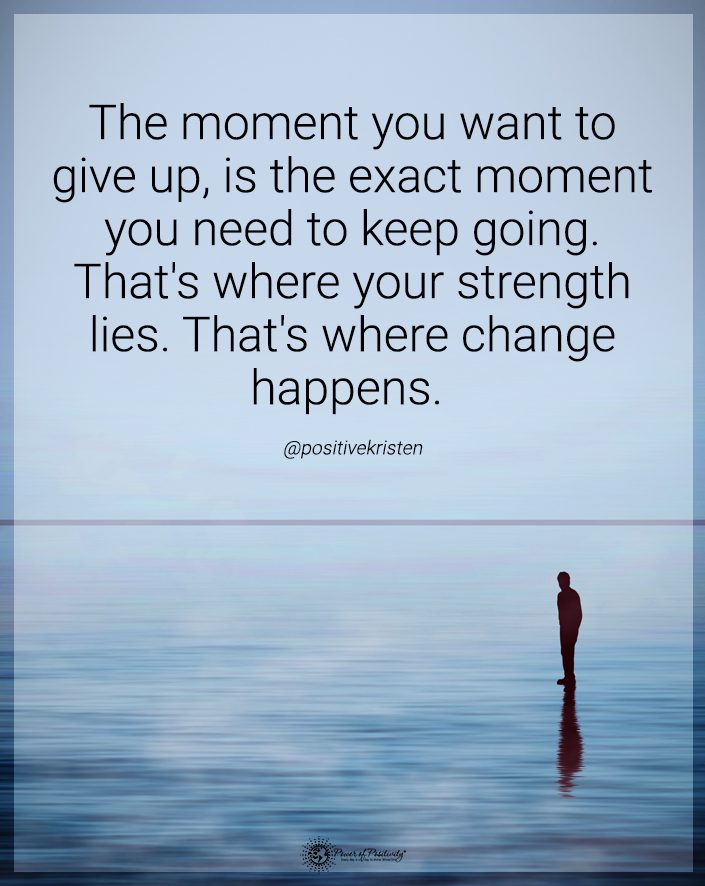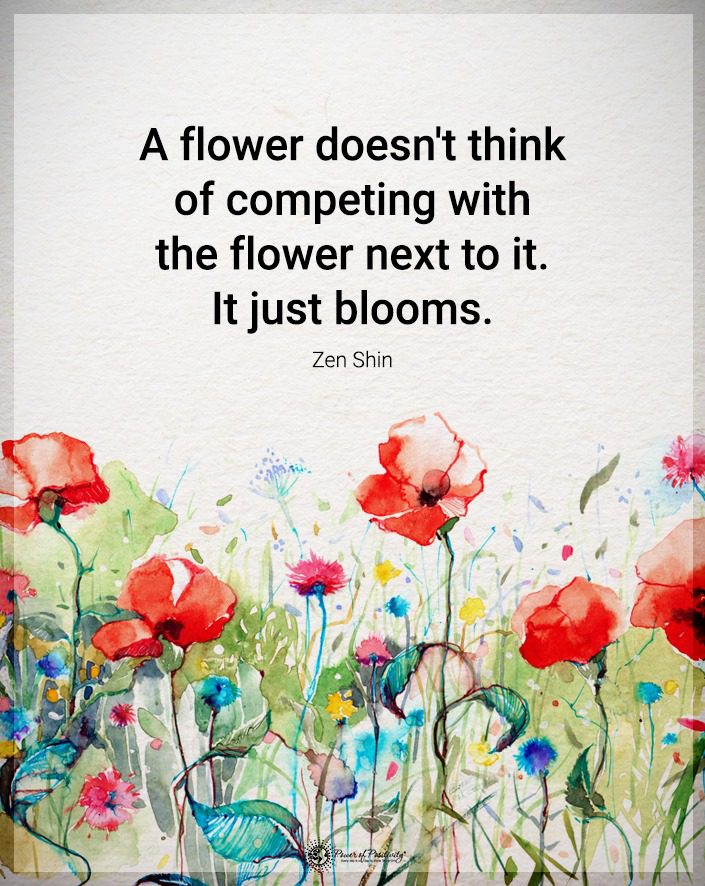There’s a common belief that growth happens only outside one’s comfort zone. But this is far from the truth.
Many theorists and experts, like Alasdair White, define a comfort zone as a behavioral state where a person maintains a consistent level of performance. Inside this comfort zone, as experts claim, there is little anxiety and stress.
According to them, this discourages people from taking risks and leaving their comfort zones to achieve success. Then again, some studies prove that a certain degree of anxiety and stress can encourage people to achieve their dreams and live their best life. While there are people who work best under pressure, the question is, why should you suffer to succeed?
Since anxiety and stress cannot be measured, you won’t know how much or how little you’re stressing to achieve your goals! When something doesn’t go as planned, we stress. When something goes as planned, we stress! A certain degree of anxiety can help us pave the way forward; too much can be damaging. No conclusive evidence reveals how much anxiety and stress are helpful to us.
No Pain, Yes Gain!
Experts agree that your comfort zone doesn’t expose you to unhealthy stress and anxiety levels. You’ve often heard “no pain, no gain,” but does this apply to everything? Do you have to endure anxiety, stress, and discomfort only to be happy? When you step out of your comfort zone, you expose yourself to extreme anxiety, stress, and discomfort, damaging your mental, emotional, and physical health.
This also disturbs your relationship with your inner child and the connection with your subconscious mind. Growth within the comfort zone is possible, so you don’t have to worry about stepping out into discomfort for personal growth and development. Kristen Butler created a foundation for a fulfilling life and achieved meaningful personal growth by embracing and nurturing her comfort zone.
But life wasn’t always smooth for her. She was constantly criticized, body-shamed, and ridiculed as a young child. From an early age, she was fed with the belief that discomfort is a good thing. Take a moment and reflect on how frequently you have advised the same thing. As a result, some of us believe that discomfort makes us stronger, but that probably applies to physical exercise, not goals and achievements!
Kristen was advised that she had to embrace discomfort to change her circumstances. Her teachers and some family members believed that stepping out of her comfort zone was the only way to achieve anything important.
Redefining the Comfort Zone
First, you must forget everything you’ve learned about stepping out of your comfort zone for personal growth, self-improvement, and positive change. Consider this: How can you achieve positive change in constant discomfort? Many of us are taught to believe comfort means complacency. Comfort and complacency are two different things and two different zones altogether.
When you’re complacent, you feel content with what you have and lack the motivation, focus, and purpose to strive for greater things. People stuck in the Complacent Zone have experienced so much failure that a heavy doubt keeps them from achieving more. In your Comfort Zone, you’re always looking for ways to achieve more while being grateful for what you have. Unfortunately, our comfort zone has acquired a negative reputation due to its misuse over the years.
Many people refer to the Complacent Zone when talking about the Comfort Zone. Comfort Zone is far from being the pause button in your life. If anything, it’s a cushion so you can achieve your goals and ambitions while you’re comfortable and stress and anxiety-free. Staying in your comfort Zone doesn’t stop you from living your best life. It’s a place of security, stability, and growth. You don’t have to be uncomfortable, stressed, or anxious to achieve important things. Remember, you can live a purposeful life only when you’re focused, motivated, and grateful – qualities that naturally arise when you’re stress-free and comfortable.
Building on Personal Strengths Occurred From Her Comfort Zone
At some point in her life, Kristen believed she could polish her strengths, skills, and talents only if she stepped outside her comfort zone. She was continually criticized for following her heart and doing things that felt natural to her. If she talked too much, she was considered loud. She was called a slow learner if she took longer to understand concepts.
In our lives, we’ve constantly been criticized for not being perfect enough. With each passing year, Kristen allowed the world to undermine her self-image and self-worth. She did what we’ve all done at some point in our lives – let people walk all over us. If you resonate with this, it’s important to reflect and return to your comfort zone where you’re welcome, loved, and cherished for being you.
You dream, plan, and achieve more when you feel like yourself. When you leave your comfort zone, the world will force you to suppress your strengths, skills, and talents. This will leave you at the mercy of luck, discomfort, and the crumbs of success you manage you pick on your path. When Kristen stepped out of her comfort zone to achieve her dreams, the world made her forget what she was made of. She soon began questioning if she deserved success in life.
How to Facilitate Growth From Your Comfort Zone
Here’s how to build on strengths and skills while remaining in your comfort zone:
1. Healthy Boundaries
Boundaries are healthy because they shield you from the outside world’s negativity that can shatter everything you’ve done to build a purposeful life. Boundaries help you define and communicate your needs, establish respectful relationships with others, and prevent unnecessary stress and burnout. Boundaries empower you to prioritize self-care and maintain a healthy work-life balance.
2. Practice Self-Care
Everything on this planet needs maintenance for proper function, which also applies to humans. In the same way, your home needs maintenance, your inner state needs attention to feel safe and function at your best. Self-care involves engaging in activities and behaviors that promote self-nurturing, relaxation, and rejuvenation.
- For example, you can swim, walk, or cycle for physical self-care.
- You can repeat positive affirmations and practice meditation or mindfulness for mental self-care.
- For emotional self-care, you can try journaling, practicing gratitude, doing acts of kindness, or listening to uplifting music.
- For spiritual self-care, you can reconnect with your inner child by practicing gratitude, connecting with like-minded individuals, or simply taking long walks surrounded by nature.
Investing time and energy to care for yourself can improve your overall well-being, happiness, and quality of life.
3. Express Who You Are
When you express yourself, you improve your self-image, a safety net that filters out negativity, criticism, and ridicule the world throws at you. The way you express yourself gives people an idea about who you are, your worth, and your boundaries. How you express yourself acts like a magnet that draws in the right people and repels the wrong ones. It shows people how you want to be treated, not how they think they should treat you. To improve your self-image, you can:
- Practice self-acceptance
- Discourage negative self-talk
- Set realistic goals
- Surround yourself with positive people
- Practice gratitude
The idea behind expressing yourself is to help you get to a place where you can be proud of your achievement. All while staying inside your comfort zone.
Setting Achievable Goals
Effective goal setting involves focusing on incremental progress rather than unrealistic long-term goals. This is because small, achievable, and measurable goals increase in value and worth over long-term goals that are too far-fetched.
By staying within your comfort zone, you understand your strengths and weaknesses. With this knowledge, set goals that you can realistically accomplish. Instead of rushing to achieve these goals, adopt a slow and steady approach. This helps prevent burnout and ensures that you maintain your motivation throughout the journey toward achieving them.
Fostering Healthy Habits Happened From Her Comfort Zone
Our daily lives are filled with habits we’ve developed to survive, sustain ourselves, and find satisfaction. Our subconscious mind is aware of the difference between healthy and unhealthy habits and often communicates this through our inner voice. This inner voice is stronger when we’re in our comfort zone than when we step outside of it.
To transform into the person you aspire to be, foster healthy habits that guide you. One example is practicing self-care. Self-care is not a luxury; it’s a way to recharge. By taking the time to recharge, you can increase your endurance and stay committed to achieving your goals, ultimately leading you to a prosperous future.
- First, list down all your daily habits, whether healthy or unhealthy, big or small.
- Once you have your list look at each habit and see if it aligns with your goals in life.
- Put a check mark on habits that directly or indirectly relate to your life’s purpose.
- Put a cross beside habits that won’t help you achieve your goals.
- Put a question mark next to habits you’re not sure about.
- Look at all the habits you’ve crossed out – are there any healthier alternatives?
You’ll need discipline and consistency to change your habits and effectively transform your life.
Cultivating Positive Relationships
Positive relationships, a strong support network, and a sense of connection are crucial to our well-being and happiness. All relationships provide us with an opportunity for growth. Positive relationships and a caring support network propel us to greater heights. Making positive connections makes us feel understood, valued, and deeply linked to others.
It goes beyond surface-level interactions and involves genuine emotional engagement and empathy. When we feel connected to others, we experience greater happiness, reduced stress levels, improved self-esteem, and enhanced mental health. Staying in your comfort zone helps you attract like-minded people who provide value to your life.
Learning from Failures and Setbacks Happened in Her Comfort Zone
When Kristen stepped out of her comfort zone, she continued to convince herself that discomfort was the only way to achieve important things. Blaming her failures on her comfort zone, she ventured into unfamiliar territory for a deeper connection. Although stepping out of her comfort zone didn’t make sense, she could see some progress from her discomfort.
This only meant one thing for Kristen – to become even more uncomfortable. On the outside, Kristen rocked it all, but on the inside, she was battling endless waves of anxiety, stress, and a deep need to stay relevant. Her refusal to address her inner battles manifested as hormonal imbalances, weight gain, and extreme anxiety. It wasn’t long after that an exhausted and overwhelmed Kristen had to drop out of college.
It took Kristen a long time to walk back to her comfort zone to be herself. Kristen realized that the problem wasn’t with her identity but with neglecting her intuition and inner guidance. She understood the importance of resilience, the ability to bounce back and find strength in her comfort zone.
Resilience became her tool to overcome challenges, embrace change, and ultimately achieve success. If this sounds like something you’re going through, you must return to your comfort zone to practice resilience and be who you are while striving to be the best version of yourself.
Final Thoughts on Embracing the Comfort Zone
Your comfort zone can be a positive space for personal growth and development. Kristen learned a valuable lesson about the power of her comfort zone as a foundation for growth. She realized that self-improvement and positive change can happen within the boundaries of her comfort zone. Ultimately, she learned to redefine her comfort zone and embrace it as a source of strength.
If you are in a similar situation, remember you don’t have to sacrifice your well-being and inner voice to achieve success. Embrace your comfort zone as a place of growth and transformation, and practice resilience to overcome obstacles. Your comfort zone is the foundation for a purposeful life where you can be yourself and achieve personal growth and success.

















 Community
Community

